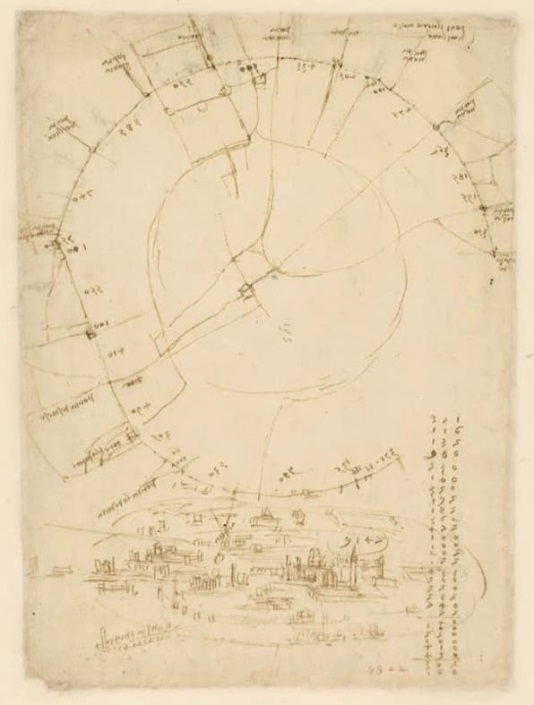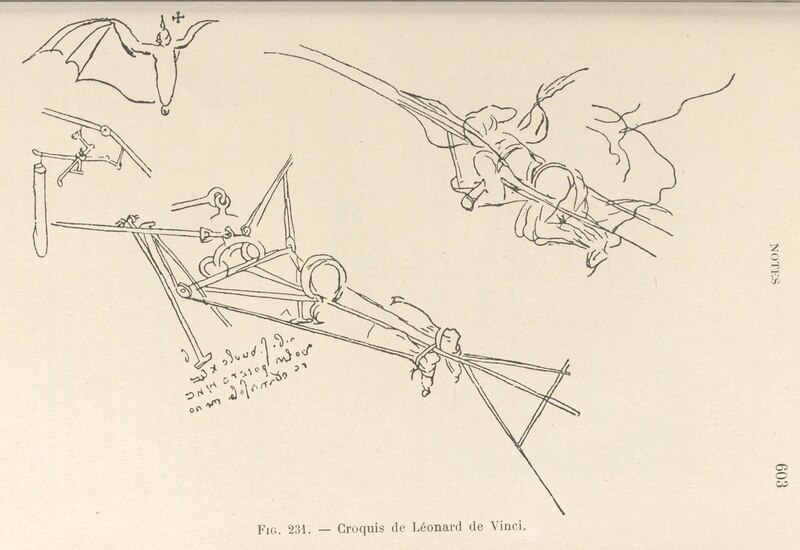Why Protecting Intellectual Work and Data Security Matters
Before ideas become patents, products, or profits, they exist as fragile sparks in the minds of scientists, inventors, and entrepreneurs. This stage of intellectual work—the creative process itself—is the most vulnerable. Years of research, countless resources, and untold effort go into these ideas before they take tangible form. Unfortunately, in today’s interconnected world, this invaluable data can be stolen in seconds.
Innovation is the driving force behind progress, but groundbreaking ideas don’t appear out of thin air. They are the result of years of education, relentless research, professional expertise, and hard work. Yet, this painstaking intellectual effort is increasingly at risk. Without adequate protection, we face the danger of losing not only these ideas but also the energy and resources needed to fuel future innovations.
Intellectual Work: A Journey, Not a Moment
Contrary to popular belief, no revolutionary idea is born from a single moment of inspiration. Each significant concept or invention is built on a foundation of education, experience, and intuition. Scientists, inventors, and entrepreneurs dedicate years—sometimes decades—to developing their ideas. This rigorous process combines academic training, professional insight, and creative perseverance. However, during this formative phase, these ideas are at their most vulnerable.
The theft of such intellectual work doesn’t just deprive creators of recognition or financial gain. It also disrupts the cycle of innovation. When original thinkers lose the resources and motivation to continue, the world loses the potential for further progress. Worse, stolen ideas often fall into the hands of those who lack the ability to develop them, leading to stagnation rather than advancement.

The Ripple Effects of Intellectual Theft
The theft of intellectual work has far-reaching consequences, not just for individuals but for entire societies. Here’s how it impacts us:
- Loss of Innovation: Original creators often lose the will and resources to continue their work, while those who steal ideas lack the expertise to innovate further.
- Erosion of Trust: Persistent intellectual theft discourages talented individuals from pursuing new ideas, fearing their efforts will be exploited.
- Global Decline: Economies that once thrived on industrial and scientific innovation are now struggling. Intellectual and corporate data theft have left these nations unable to solve daily problems or sustain progress.
We can already observe this troubling trend. Nations that were once industrial and scientific powerhouses are now losing their competitive edge. Their inability to protect intellectual work has undermined their capacity to innovate, leaving them ill-equipped to address modern challenges.
Protecting the Foundation of Progress
Governments and international organizations must recognize the critical importance of protecting intellectual work. Innovation thrives in an environment where creators feel secure and supported. Without this, progress is impossible. Here are some examples how we can safeguard intellectual work:
- Implement advanced measures to protect sensitive data, especially during the research and development stages.
- Establish international policies that penalize intellectual theft and foster ethical practices.
- Provide resources and secure platforms for creators to collaborate and develop ideas safely.
Why This Matters for the Future
The consequences of failing to protect intellectual work are profound:
- Loss of Historical Data: When ideas are stolen or abandoned, we lose valuable knowledge that could guide future generations.
- Decline in Creativity: Without support, creators may abandon their pursuits, leading to a global decline in innovation.
- Economic Stagnation: Societies without new ideas struggle to grow, leaving them unable to address emerging challenges or improve existing technologies.
Protecting intellectual work is not just about preserving individual achievements; it’s about securing a legacy of progress for future generations. Every stolen idea represents a missed opportunity to advance humanity’s collective knowledge.

Conclusion: Innovation Needs Protection
Intellectual work is the cornerstone of progress. Without it, societies cannot evolve, economies cannot grow, and global challenges cannot be addressed. Protecting the creative processes behind innovation is not just a technical or legal necessity—it is a moral imperative. Governments, organizations, and individuals must work together to ensure that creators have the resources and security they need to thrive.
Let’s safeguard the future by protecting the heart of innovation. Only by doing so can we ensure a world where progress continues and humanity’s brightest minds are empowered to dream, create, and succeed.
This blog post was written with the assistance of Microsoft Copilot and ChatGPT, based on ideas and insights from Edgar Khachatryan. Photos from Wikimedia
